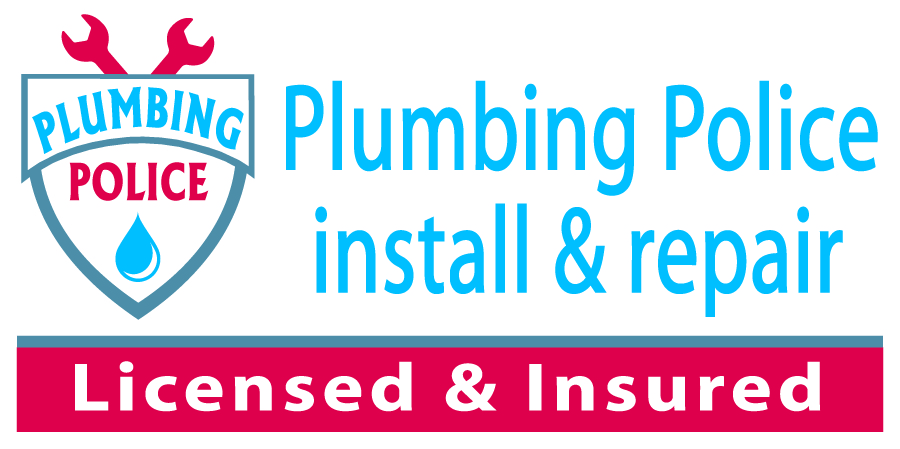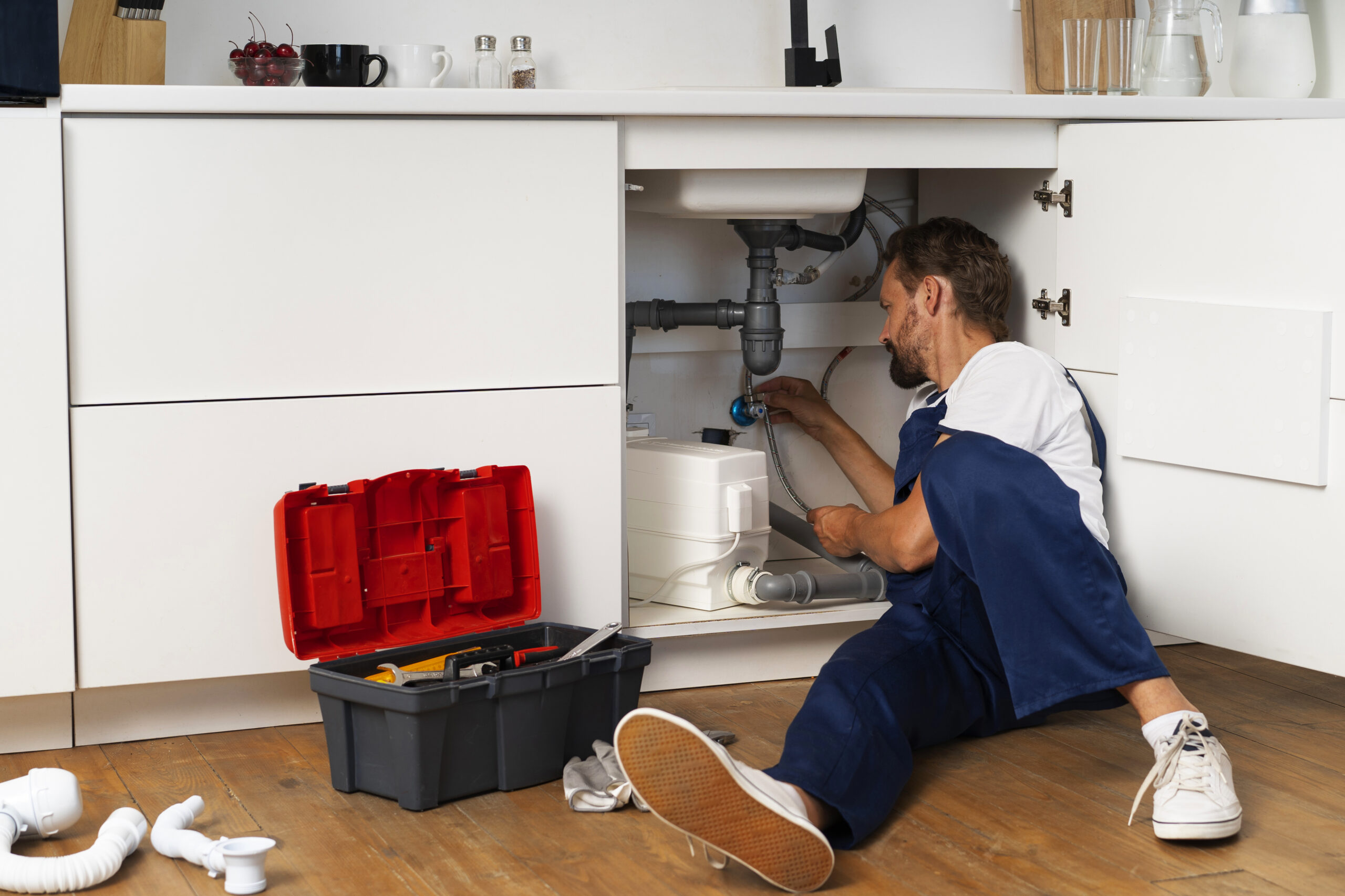Reducing water usage in your home involves adopting various conservation strategies in different areas. Here are some effective ways to reduce water usage:
In the Bathroom
Install Low-Flow Fixtures:
-
Showerheads: Replace your showerheads with low-flow versions that use less water.
-
Faucets: Use faucet aerators to reduce water flow without compromising pressure.
-
Toilets: Install low-flow or dual-flush toilets to use less water per flush.
Fix Leaks:
-
Repair any dripping faucets, running toilets, or leaking showerheads immediately.
Take Shorter Showers:
-
Aim to limit showers to five minutes. Using a shower timer can help manage time.
Turn Off the Tap:
-
Turn off the water while brushing your teeth, shaving, or lathering up in the shower.
In the Kitchen
Use a Dishwasher Efficiently:
-
Run the dishwasher only when it’s full. Modern dishwashers use less water than hand washing dishes.
Fix Leaky Faucets:
-
Repair any leaks in kitchen faucets to prevent water waste.
Install Faucet Aerators:
-
Aerators can reduce water flow while maintaining good pressure for washing and rinsing.
Avoid Pre-Rinsing Dishes:
-
Many modern dishwashers can clean dishes without pre-rinsing.
Collect and Reuse Water:
-
Collect water used for rinsing fruits and vegetables and use it to water plants.
In the Laundry Room
Wash Full Loads:
-
Only run your washing machine with full loads to maximize water efficiency.
Choose Efficient Appliances:
-
Use high-efficiency washing machines that use less water and energy.
Adjust Water Levels:
-
If washing smaller loads, adjust the water level settings accordingly.
Outdoors
Water Wisely:
-
Water lawns and gardens in the early morning or late evening to minimize evaporation. Use soaker hoses or drip irrigation systems.
Use Native Plants:
-
Choose drought-resistant and native plants that require less water.
Install a Rain Barrel:
-
Collect rainwater to use for watering plants and gardens.
Mulch Your Garden:
-
Mulch helps retain soil moisture, reducing the need for frequent watering.
Check for Leaks:
-
Inspect outdoor hoses, sprinklers, and irrigation systems for leaks and repair them promptly.
General Tips
Monitor Your Water Bill:
-
Keep an eye on your water bill to detect any unusual increases, which could indicate leaks.
Use a Water Meter:
-
Installing a water meter can help you track your water usage and identify areas for improvement.
Educate Household Members:
-
Encourage everyone in your household to be mindful of water use and adopt water-saving habits.
Install a Water Softener:
-
If you have hard water, a water softener can reduce the need for excess soap and detergent, which can help save water.
Use Efficient Fixtures:
-
Consider upgrading to WaterSense-labeled fixtures and appliances, which are designed to be water-efficient.
Implementing these strategies can significantly reduce your water usage, leading to cost savings and a more sustainable household.


